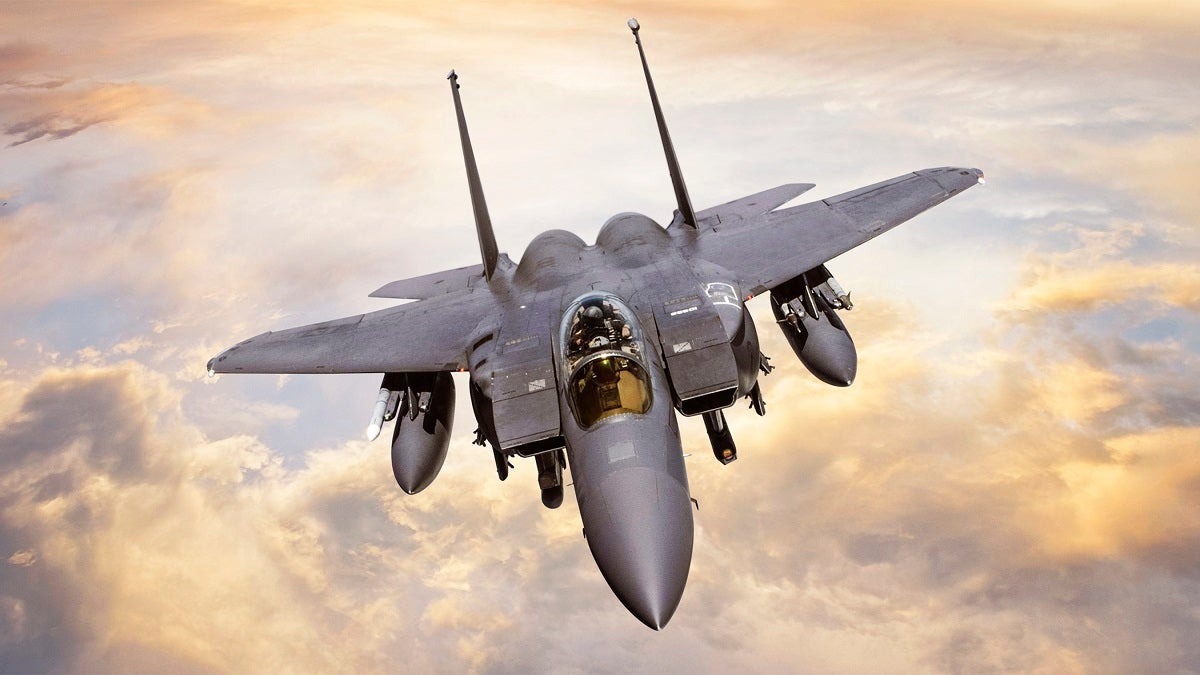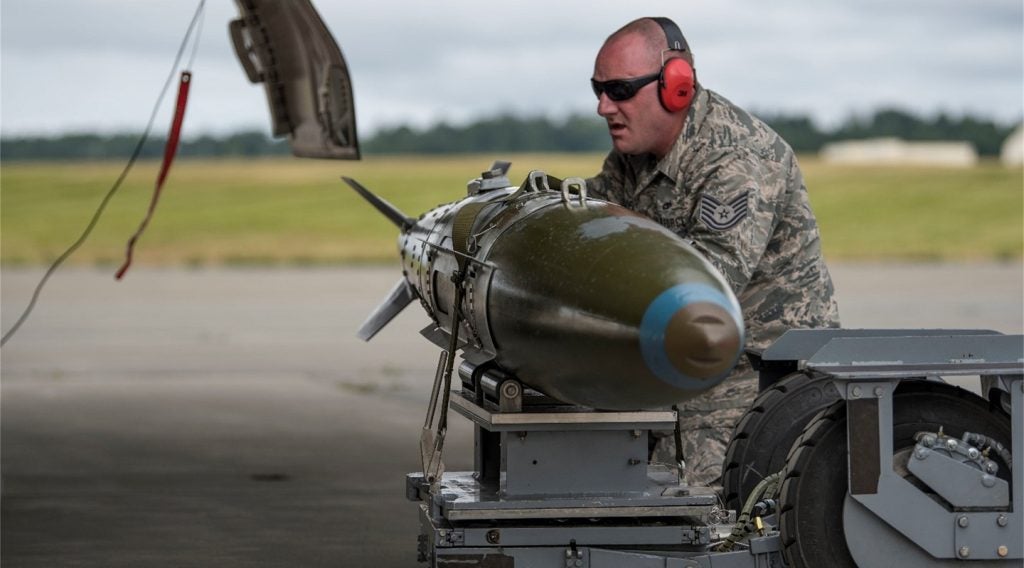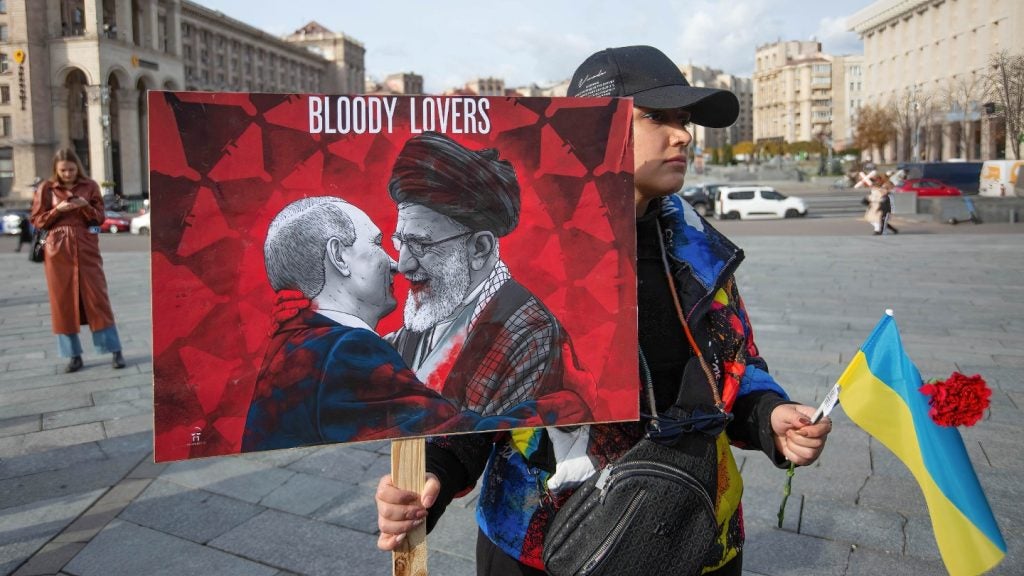Switzerland upholds a position of armed neutrality meaning no alliance can be formed with any country in the case of war. Thus only the required capabilities for self-defense and internal protection are furnished, which has the potential to cause challenges for foreign defense companies hoping to enter the Swiss defense market. There are three main problems that may deter investors from the Swiss market, these are as follows:
- Lack of requirement borne from a position of self-defense
- A low defense budget which restricts opportunities for investment
- Threat of public referendum and scrutiny
Madeline Wild, Associate Defense Analyst comments: “Switzerland’s neutral position on the global stage means that the majority of equipment acquired by the Armed Forces is more aimed at self-defense rather than offensive capabilities. An example of where this has the potential to obstruct foreign investors is the ongoing Air 2030 program; Switzerland is currently reviewing bids to provide the Air Force with up to 40 new fighter jets. Bids have been received from Airbus (Eurofighter), Dassault (Rafale), Boeing (F/A-18E/F) and Lockheed Martin (F-35A Lightning). As the new jets will mainly be used for interception of foreign aircraft and the patrol of airspace certain bids are less suitable than others – for example, the F-35 would seem to be an unlikely choice in this scenario. More generally, the Swiss defense budget is much smaller than its European counterparts, reaching only US$7.9 billion in 2021. Subsequently, there is less opportunity for the sale of weaponry due to the limited size of the budget, of which only 24.6% goes towards acquisitions.”
Wild continues: “Due to the direct democratic nature of Switzerland many decisions regarding the defense industry are submitted to public referendum. Given divided opinion among the Swiss population, foreign defense firms potentially face public scrutiny if their projects are put to the vote, which could in turn block any progression. There have been two recent notable example of this. In September 2020 the public voted to push on with the Air 2030 program, but only by a narrow margin of 50.1% to 49.9%. If the outcome had been different, the defense firms who had placed their bids would no longer have had a project to bid on. This happened in 2014 when the public voted against the procurement of the Saab Jas-39 aircraft. The Air 2030 referendum was followed two months later by a vote on whether to block the funding of arms manufacturers by Swiss banks such as UBS and Credit Suisse who currently own around US$11 billion worth of shares in companies including Lockheed Martin and Northrop Grumman. This did not pass, again only by a narrow margin, yet still highlights that there is a high proportion of the population who are unwelcoming of foreign defense industry involvement.”
“The Swiss defense market is not devoid of opportunities, yet potential investors should be aware that the defense budget can throw up road-blocks to foreign actors in terms of its size, requirements and the rigorous level of public scrutiny that the defense industry there faces.”
How well do you really know your competitors?
Access the most comprehensive Company Profiles on the market, powered by GlobalData. Save hours of research. Gain competitive edge.

Thank you!
Your download email will arrive shortly
Not ready to buy yet? Download a free sample
We are confident about the unique quality of our Company Profiles. However, we want you to make the most beneficial decision for your business, so we offer a free sample that you can download by submitting the below form
By GlobalData









Related Company Profiles
The Boeing Co
Lockheed Martin Corp
Airbus SE
UBS Group AG
Northrop Grumman Corp